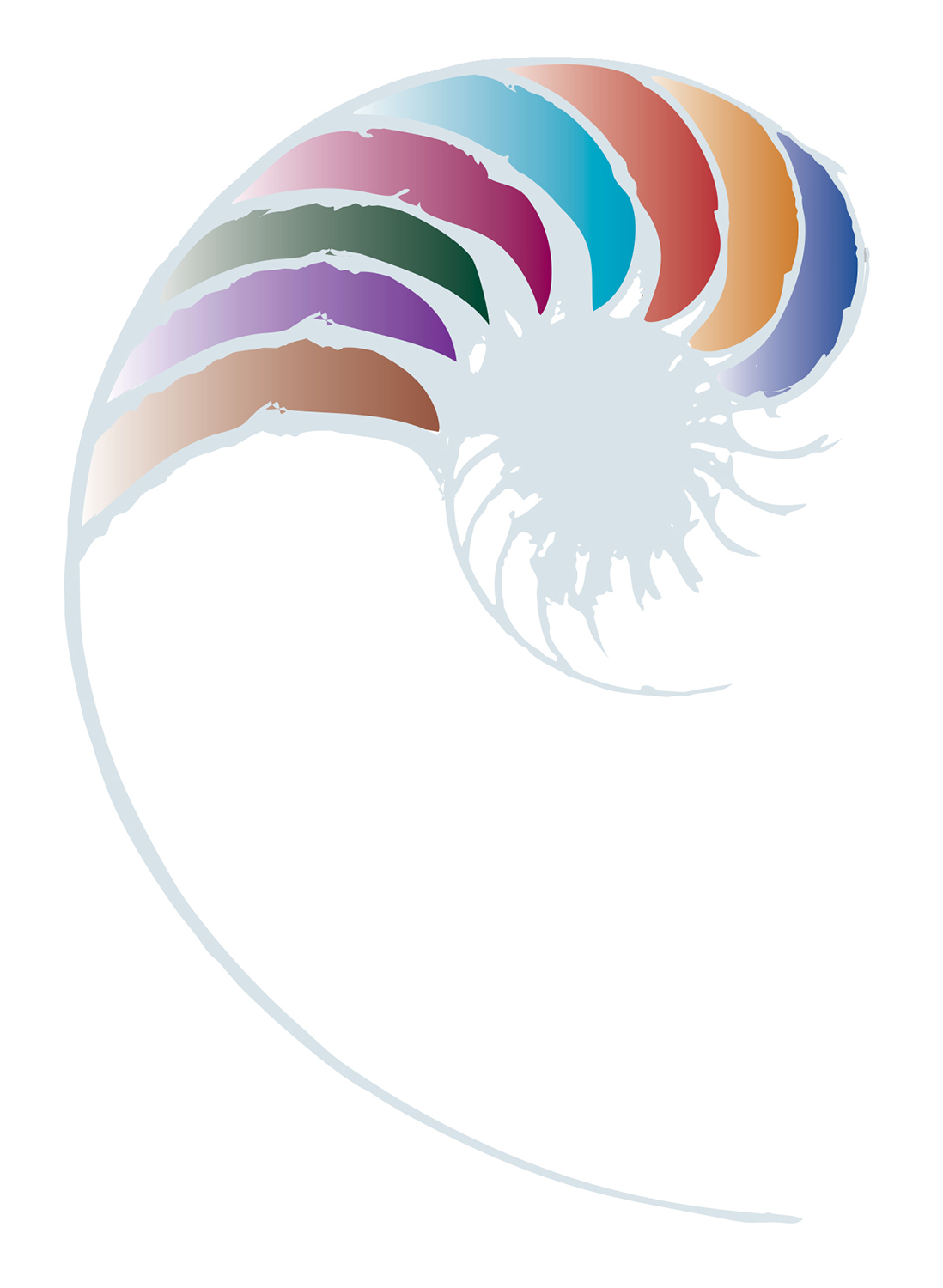Summer Weather – Taumata 2
Ākona te Tau - Hine Raumati
Atua
Tamanuiterā
Tērā te rā e whiti ana ki tua atu Tāwauwau.
Whakapapa
See the “About this resource” box below to download the resource:
- The-whakapapa-of-Tamanuiterā.pdf
Pūrākau
- Te Tōnga a Māui i te Rā: https://youtu.be/jbM3PwcGi0g
- Ko Māui me te Rā: https://youtu.be/wgLWdCrgR7w

- He Atua! He Kōrero!
- Tamanuiterā
He Atua! He Kōrero!
Stories about Tamanuiterā
- Watch either or both:
- Te Tōnga a Māui i te Rā https://youtu.be/jbM3PwcGi0g
- Ko Māui me te Rā https://youtu.be/wgLWdCrgR7w
- Students work in pairs. They choose one of the stories, and retell the story in their own words. They could mute the sound on the existing video and record their own narratives or perform it live to the class.
- Compose an acrostic poem for Tamanuiterā. For example:

Whakarongo Mai
Learn and perform the waiata Whakarongo Mai.
Whakarongo mai
Ki ngā manu e rere
Ki te waonui-ā-Tāne
Ki Kapiti
Pupuhi mai ana
He hau moana
Nā Tama-nui i whātoro
Iho ai
http://paraparaumucollege.school.nz/school-waiata/
me te rangi …
https://www.youtube.com/watch?v=QGokkgYJXpI

Te Atua Kōhikohiko
Ako ā-Kākā
Rote learn the karakia and use it to start the day.
Te atua kōhikohiko ana mai
Te tupua i te taha o te rangi i au e
E rere mai, e te rā i te rangi rekoreko
Kau ana mai i te taupae
Ki te rangi e tū iho nei![1]
- This is an activity for learning new vocabulary. Use this list from the karakia:
- Atua
- Kōhikohiko
- Tupua
- Rangi
- Rekoreko
- Rā
- Taupae
- Taha
- Rere
- Kau
- Tū
- Write the vocabulary list onto the ball with a permanent marker.
- Students form a large circle around the room while you stand in the middle.
- GENTLY toss the beach ball to a student.
- Whatever word their left thumb lands on, they must define, use it in a sentence, or give an example of, e.g. Rā – he ingoa poto mō Tamanuiterā; Kei te whiti mai te rā.
- Then they GENTLY toss the ball back to you and you throw it to another student.
Note
This game can be used with multiple concepts e.g. vocabulary, synonyms/antonyms, prefixes/suffixes, compound words, contractions, parts of speech, sight words etc.
Tērā te Rā e Whiti ana ki Tua o Tāwauwau
This whakataukī is about remaining positive, particularly when dealing with difficult or challenging situations. A more contemporary saying is “Keep your head up.”
Practising Positivity – Gratitude Journal
Positivity is a frame of mind that really only comes naturally with practise. A gratitude journal exercises the ‘muscle’ that helps children to think, speak and behave positively.
- Give each student a scrapbook to take home and write and/or draw in at the end of every day. It could be for a week, over the school holidays, or for a whole school term.
Explain:
At the end of each day record one sentence describing something that happened during day that made you feel grateful. Illustrate your words with a picture or a photo.
- Gratitude Journal Time
Make time for students to share their daily entries with the class e.g. the following morning. This activity supports children, teachers and parents to see what each other values. (Teacher should do one too!)
Possible Assessment Opportunities
Students can:
- Accurately recite Tamanuiterā’s whakapapa.
- Recognise characteristics of different atua through:
- A matching activity.
- Composing an acrostic poem.
- Retell the story of Māui and the Sun – video the presentations.
- Recite karakia accurately.
- Compile a Gratitude Journal over a set period.
- Participate in a Spelling Bee for new word list (derived from waiata, karakia and pūrākau).
- Perform the waiata, Whakarongo mai.
About this resource
Wāhanga Ako: Te Reo Māori, Hauora, Ngā Toi, Pūtaiao, Hangarau
Taumata: Taumata 2
Kōwae Ako: Ākona te Tau - Hine Raumati




















